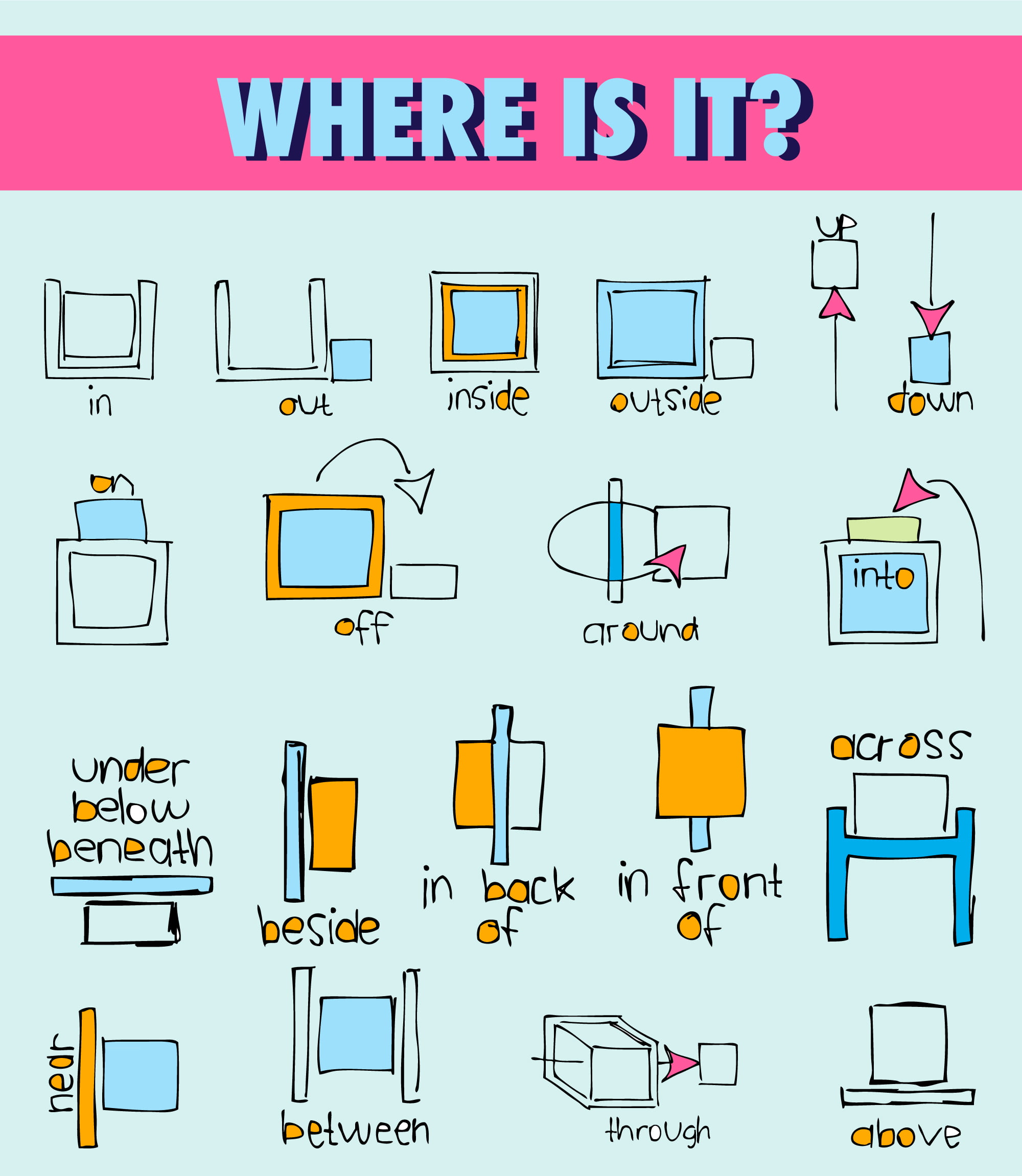1. Watch a TV show or movie in English with or without English subtitles
Watching TV shows or films with or without subtitles is a great way to improve your English at B1 level and above. However if you are using subtitles, you should always have them in English. Using subtitles in another language is distracting and makes it very difficult for your brain to process new information when you are trying to focus on the language.
If you are a beginner or A2 English learner I recommend watching shorter video clips on YouTube so that you can pause and replay scenes to write down new vocabulary or phrases and do not tire too quickly.
2. Play Duolingo with your friends
Duolingo is a game-based mobile app for language learning and it is very effective for increasing your vocabulary at A1-B1 and revising grammar structures to improve accuracy at B1 and above. You can even invite your friends and learn with them.
Duolingo are adding listening and reading lessons for some languages including English, which makes it a perfect platform to maintain your English skills in 10-15 minutes per day if you aren't using the language in your community every day.
There are, of course, many more great language learning apps on the market that you can use alongside Duolingo. The more the merrier!
3. Change language settings to English on all your electronic devices
This one is so obvious, but is often overlooked! Changing all your language settings is absolutely free and something very easy that you can do to immerse yourself in a language in the digital world. It may be inconvenient at first if you are unable to understand an error message that pops up on your computer, but with a little perseverance you will soon get used to it.
4. Complete a free lesson on my blog
If you've read my blog before you will know that it is created with English learners in mind. Every lesson is gradedto a particular CEFR level and many include free activities designed to accelerate your English learning and help you reach your desired proficiency.
5. Watch a YouTube video
There are literally thousands of videos suitable for English learners available on YouTube. The best thing about YouTube is that the algorithms highlight videos that you may like depending on your viewing history. Once you start watching English videos on YouTube you are bound to find something focused on your particular interests.
6. Listen to an English radio station
Many mobile apps allow you to listen to radio stations from around the world. Find one with your favourite music genre and put it on whilst doing the housework or on your commute to up your language immersion during 'dead' time.
7. Use Cambridge Write and Improve
Cambridge write and improve is a website that uses artificial intelligence to read your writing, highlight potential errors and suggest improvements. Students preparing for IELTS or other English exams may find this website particularly useful as it uses questions similiar to those that you might encounter in real question papers.
The software isn't perfect and results requires some interpretation, but if you can't afford to hire an English teacher, it is a great way to help yourself notice errors and improve your writing style. If you have trouble interpreting errors you could even consider posting on a language learning community forum like italki for some suggestions from native speakers and other English learners.
8. Learn a new word from the dictionary
The average person spends a whopping 61 to 161 hours per year on the toilet! If you are one of those people that likes to keep some reading material in the bathroom, opening the dictionary and finding a new word is a great way to spend all of that time.
Try reading the word aloud and noticing whether the word is a noun, verb, adjective, preposition or conjunction. Many dictionaries also provide sentence examples that can give you an idea of how to use the word in conversation. The Cambridge English Dictionary Online is a trusted source, which can also provide translations into other languages.
9. Watch a TED Talk
TED is an amazing resource for language learning! Not only can you find professional and academic presentations on a variety of interesting topics, but you can also download the transcriptions to read while you listen or to highlight new vocabulary or use of grammar afterwards. You might even learn something new about the topics you choose!
10. Download and listen to an audiobook
Audiobooks are perfect to listen to whilst traveling, exercising or simply doing the housework. First listen to understand the gist of a story then listen again while reading along with the eBook. At the end of a chapter you can go back and highlight new vocabulary and useful phrases.
There are plenty of apps offering paid subscriptions for audiobooks, but it is always worth checking your local library for free English language audiobooks. Many libraries now have extensive online services with audiobooks and eBooks you can checkout and listen to on your mobile devices without having to step foot inside a library.
11. Reorganise and revise your English notebooks
Language learning notebooks can get messy very quickly, especially as you are working out which study methods work best for you. Some people prefer lists and some people like to be more creative, but generally speaking the more you reorganise information, the easier it will be to remember. If you're feeling bored or at a loss for what to do, taking time to try out different presentation styles is always time well spent.
12. Teach someone else
My favourite school teacher once told me that you never really know you understand a topic until you can teach it to someone else, and being a teacher myself, I can truly appreciate the value of this advice. Sharing your English knowledge with your children, family or friends will make you more aware of what you don't yet know so that you can focus on filling those gaps in your repertoire.
13. Take an online class
Online courses have boomed with more people staying at home and taking up new hobbies since the pandemic began. You could opt for a free MOOC if it's just information you want, but for communication practice you'd be better off finding a small online class or having 1:1 tuition with a language tutor. Many companies have a maximum of 8 students per class, which is perfect for practising new phrases and expressions, but taking a private class will offer the most speaking time and your teacher will be on hand to correct any errors.
14. Find a language partner on italki
This option is great if you have a tight budget or your financial situation has changed during the pandemic. Finding a language partner on italki is completely free. All you have to do is find someone that speaks a language you want to learn and offer to teach them the language you speak. You could, for example, arrange to meet up for an hour on Skype and spend 30 minutes speaking one language before swapping to the other. The biggest problem with this is that not everyone is serious and it may take a long time to find someone as dedicated to learning as you are. You may find yourself wasting time waiting for someone online that never shows up, but if you find someone reliable, it could save you a small fortune in tuition fees.
15. Read a book appropriate for your level
There are an increasing number of graded eBooks written especially for language learners available from online retailers like Amazon and they are often very affordable. A decent intermediate English eBook may cost anything from 99p to £4. There are also loads of great reading and listening apps you can download onto your mobile phone, with limited content available for free and access to wider content available for £10-20.
16. Make revision cards on Quizlet
Quizlet lets you memorise information with all the benefits of using flashcards without having to carry them around with you. Making your own revision cards is a great way to spend travelling or commuter time productively for language learning.
17. Do a quiz or create your own and invite your friends on Kahoot
This is a fun way to form a virtual study group. Kahoot lets you make your own multiple choice questions and invite your friends to compete against one another for the top score.
18. Join a Learn English group on social media
Some groups are better than others because they have more active members that start interesting discussion threads or post regular helpful learning content. Beware though, many users have a relatively low level of language knowledge and do not communicate in proper English.
19. Read the news
Local and national news is available in English in many countries around the world. If you are interested in British or American culture, reading newspapers from those countries could offer a different perspective and help you improve your vocabulary. The Independent, BBC News and Sky News are suitable British newspapers for intermediate readers, or CNN and NBC news from the USA.
20. Record yourself speaking about a topic and listen to it later
No fancy equipment needed! Simply use your mobile phone's built-in microphone to record yourself speaking about a topic. This is great for building your fluency and speaking for between 2 and 5 minutes continuously, which can help prepare you for speaking examinations like IELTS and FCE. Listening to your recording later can help you notice grammatical errors in your speaking and any repetition, which you could replace with synonyms. You could also ask a friend to listen to your recording and respond to it to see if your recording is easy to understand.












